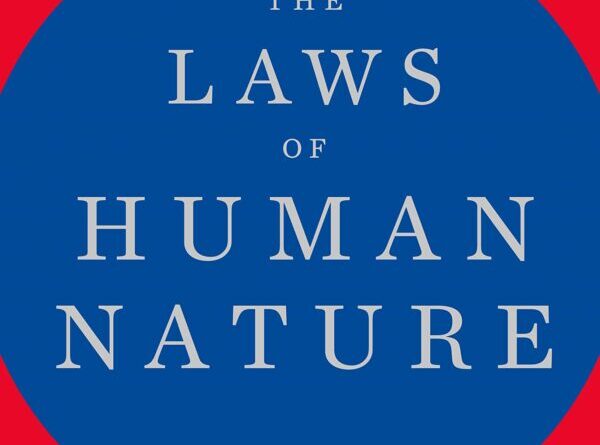Greene’s dense way of diving into the human psyche’s intricacies
Even when the world around us takes an Orwellian turn gradually as conflicts prevail in every corner or the other while compassion dwindles, a bookworm always finds his sense of comfort whenever a story ends on a happy note. The bookish escape from the unending challenges and complexities of human existence has eternally resided in happy endings -which give every bookworm a newfound hope, enliven their moods, and reinforce positive emotions. However, when it comes to Robert Greene, the uncompromising honesty of his words and works leaves behind little space for a reader to seek his beloved sense of comfort, rather makes him sit for an one-on-one session with his greatest discomforts.
The Laws of Human Nature by Robert Greene, marked by Greene’s distinguishably strategic, insightful, and stimulating writing style, takes a dive into the behavioural patterns and rationales of the human mind. While we look for a sense of closure in happy endings or light reads where everything gets alright in the end, this book, on the other hand, puts all the spotlight on the reader to make him look inward and question his actions, reactions, and raison d’être. Every chapter unfurls a new dimension to the nature of humans, with the aim of dissecting and deducing why it is the way it is and how one is ought to navigate one’s way through it. Putting psychological insights, historical anecdotes, and pragmatic advice at work, this book is determined to strike the chords of the reader’s heart in a profound manner where he is compelled to ponder over what makes him act, think, and behave the way he does as he reads his way through the chapters.
As the darker aspects of human nature come to light, readers get an avenue to sit with their inner selves, address their flaws and adopt tactics to overcome them in order to come to grips with the psychological forces that drive their and others actions as well. For at the end of the day, as Greene rightly puts, “You like to imagine yourself in control of your fate, consciously planning the course of your life as best you can. But you are largely unaware of how deeply your emotions dominate you.”




